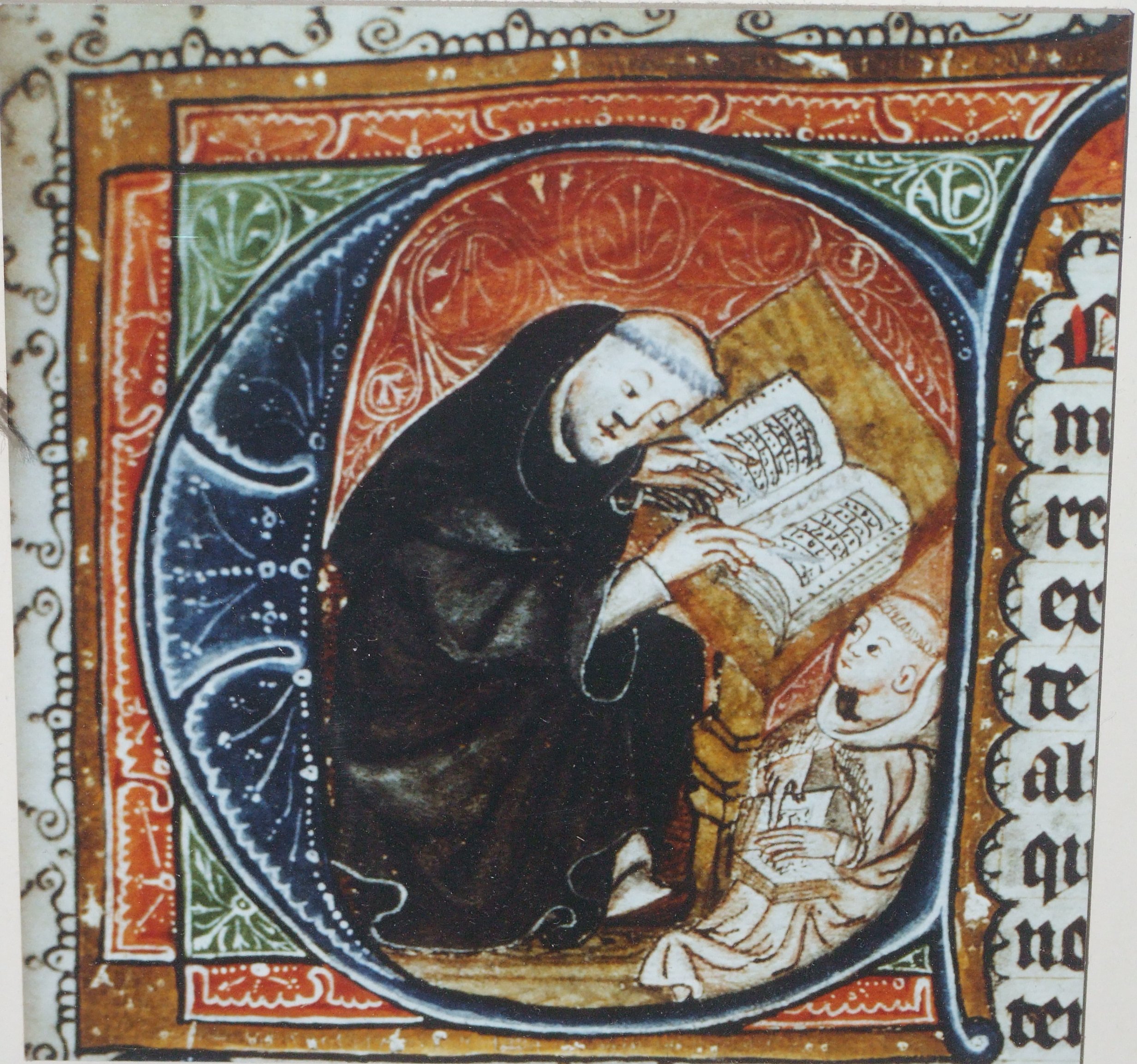|
Joana Angélica
Sister ''Joana Angélica de Jesus'', registered as Joanna Angelica de Jesus (December 12, 1761 – February 19, 1822) was a Brazilian Conceptionist nun, belonging to the Reformed Order of Our Lady of Conception, and martyr of the Brazilian Independence. Born during the colonial period, she died at age 60, stabbed by a bayonet blow when resisting the invasion of the Convent of Lapa, in Salvador, by Portuguese troops. She became, thus, the first heroine of the independence of Brazil.http://www2.camara.leg.br/a-camara/visiteacamara/cultura-na-camara/arquivos/dois-de-julho-2014-a-independencia-do-brasil-na-bahia The nun became known as saying the famous phrase: “Para trás, bandidos! Respeitai a casa de Deus! Só entrarão passando por cima do meu cadáver! (''Back off, bandits! Respect the house of God. You will only get in over my dead body''!)”. However, an extensive document search concerning the life of Joana Angelica found no evidence that the phrase was in fact uttered ... [...More Info...] [...Related Items...] OR: [Wikipedia] [Google] [Baidu] |
Salvador, Bahia
Salvador (English: ''Savior'') is a Brazilian municipality and capital city of the state of Bahia. Situated in the Zona da Mata in the Northeast Region of Brazil, Salvador is recognized throughout the country and internationally for its cuisine, music and architecture. The African influence in many cultural aspects of the city makes it a center of Afro-Brazilian culture. As the first capital of Colonial Brazil, the city is one of the oldest in the Americas and one of the first planned cities in the world, having been established during the Renaissance period. Its foundation in 1549 by Tomé de Sousa took place on account of the implementation of the General Government of Brazil by the Portuguese Empire. Centralization as a capital, along with Portuguese colonization, were important factors in shaping the profile of the municipality, as were certain geographic characteristics. The construction of the city followed the uneven topography, initially with the formation of two leve ... [...More Info...] [...Related Items...] OR: [Wikipedia] [Google] [Baidu] |
Master Of Novices
In the Roman Catholic Church, a novice master or master of novices, lat. ''Magister noviciorum'', is a member of a religious institute who is responsible for the training and government of the novitiate in that institute. In religious institutes for women, the novice mistress, lat. ''Magistra noviciorum'', is the equivalent. The direction of the novices is reserved solely to the master of novices, under the authority of the major superiors. The master of novices must be a member of the institute; he must have taken perpetual vows and be legally appointed. The novice master is often assisted by a zelator (second or deputy novice master). The novice master's duty is to see that the time devoted to the period of the novitiate be passed in prayer, meditation, and the development of character through a study of the life of Jesus Christ and the saints, church history, the vows and the constitution of the institute. Within the time of this probation, he must make reports about each novi ... [...More Info...] [...Related Items...] OR: [Wikipedia] [Google] [Baidu] |
18th-century Brazilian Roman Catholic Nuns
The 18th century lasted from January 1, 1701 ( MDCCI) to December 31, 1800 ( MDCCC). During the 18th century, elements of Enlightenment thinking culminated in the American, French, and Haitian Revolutions. During the century, slave trading and human trafficking expanded across the shores of the Atlantic, while declining in Russia, China, and Korea. Revolutions began to challenge the legitimacy of monarchical and aristocratic power structures, including the structures and beliefs that supported slavery. The Industrial Revolution began during mid-century, leading to radical changes in human society and the environment. Western historians have occasionally defined the 18th century otherwise for the purposes of their work. For example, the "short" 18th century may be defined as 1715–1789, denoting the period of time between the death of Louis XIV of France and the start of the French Revolution, with an emphasis on directly interconnected events. To historians who expand the ... [...More Info...] [...Related Items...] OR: [Wikipedia] [Google] [Baidu] |


